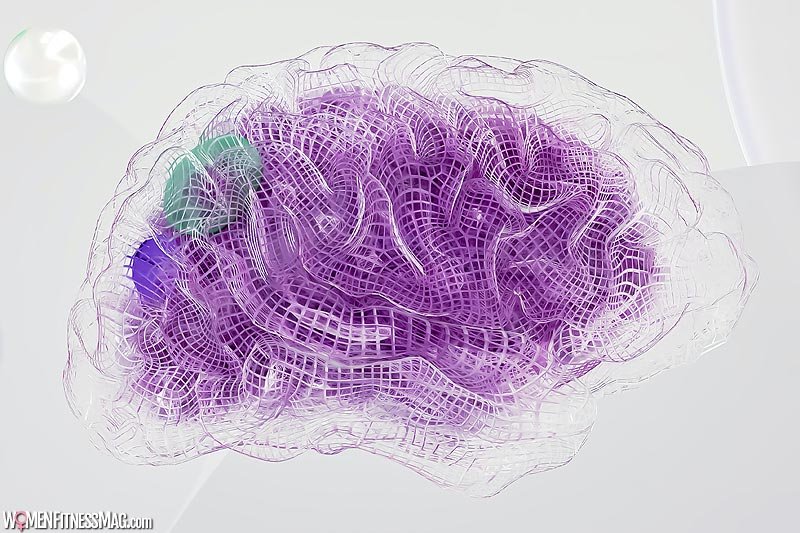Uncovering the Hidden Dangers of Neurochemical Imbalance : Neurochemical imbalance is a term that refers to an abnormality in the levels or functioning of neurotransmitters in the brain. These imbalances can have profound effects on mental and emotional well-being, often leading to a range of hidden dangers.
In this blog post, we will delve into the hidden dangers associated with neurochemical imbalances, shedding light on the impact they can have on our lives and emphasizing the importance of recognizing and addressing these imbalances.
Mood disorders
One of the significant dangers of neurochemical imbalance is its association with mood disorders. When neurotransmitters like serotonin, dopamine, and norepinephrine are disrupted, individuals may experience mood swings, persistent sadness, and overwhelming anxiety.
These imbalances can contribute to the development of conditions such as depression and anxiety disorders, impacting one’s overall quality of life and emotional well-being.
Cognitive impairments
The complexity of the human brain never ceases to amaze us, and the effects of neurochemical imbalances only add to its fascinating intricacy. These imbalances can drastically impact our cognitive processes, hindering our ability to concentrate, remember important information, and make rational decisions. It’s like a miscommunication within our own bodies that can lead to frustrating roadblocks in our academic and professional lives.
However, acknowledging and addressing these challenges is the first step towards finding solutions and improving overall productivity. The brain is a powerful tool, and with the right tools and support, we can overcome these hurdles and achieve success.
Disturbed sleep patterns
Another hidden danger lies in the disruption of the sleep-wake cycle. Neurotransmitter imbalances can lead to sleep disturbances, including insomnia or excessive daytime sleepiness.
The quality and quantity of sleep can be severely affected, leaving individuals feeling fatigued, irritable, and unable to function optimally during the day. Sleep disorders caused by neurochemical imbalances demand attention and intervention to restore restful sleep and promote overall well-being.
The vicious cycle of addiction
Neurochemical imbalances can have a significant impact on an individual’s susceptibility to addiction and substance abuse. If the reward pathway in the brain is disrupted, it can make individuals more drawn to the euphoric effects of drugs and other addictive behaviors.
This vicious cycle makes it tough for individuals to break free from the destructive grips of addiction, leaving them at risk of long-term physical, mental, and social consequences. Unfortunately, this isn’t only limited to drug and alcohol addiction – pornography addiction is also a very real issue that people struggle with.
Anyone who is dealing with a pornography addiction should seek help to address the underlying neurochemical imbalances and avoid the potential for negative long-term effects.
Impulse control
Certain neurochemical imbalances, particularly those involving serotonin, can compromise impulse control. This can lead to impulsive behaviors, such as reckless decision-making, substance abuse, or engaging in risky activities without considering the consequences.
The inability to resist immediate gratification can have severe repercussions, straining relationships, and compromising personal well-being.
Eating disorders
Neurochemical imbalances can disrupt the regulation of appetite and satiety, contributing to the development of eating disorders. Fluctuations in neurotransmitters involved in hunger and fullness signaling can result in conditions like anorexia nervosa or bulimia.
These imbalances create a tumultuous relationship with food, leading to extreme behaviors and damaging physical and psychological consequences.
Energy drain
Imbalances in neurotransmitters related to energy regulation, such as dopamine and norepinephrine, can leave individuals feeling fatigued, drained, and lacking motivation.
Tasks that were once manageable become overwhelming, affecting productivity and overall quality of life. Addressing the underlying neurochemical imbalances is crucial for restoring energy levels and reclaiming vitality.
Vulnerability to mental health disorders
Neurochemical imbalances increase an individual’s susceptibility to various mental health disorders, including bipolar disorder, schizophrenia, and attention deficit hyperactivity disorder (ADHD).
These imbalances disrupt the delicate balance of brain chemistry, contributing to the onset and progression of these conditions. Early recognition and appropriate treatment are vital for managing symptoms and improving long-term outcomes.
Conclusion
The importance of recognizing and addressing neurochemical imbalances cannot be overstated. These imbalances can significantly impact our mental, emotional, and physical well-being, causing hidden dangers that are often overlooked.
Seeking professional help, such as psychiatric evaluation and treatment, is crucial for managing these imbalances effectively. With increased awareness and understanding of the profound effects of neurochemical imbalances, we can take proactive steps to restore balance and improve our overall well-being.
By staying vigilant and taking action when needed, we can lead healthier and happier lives.
Related Video about Uncovering the Hidden Dangers of Neurochemical Imbalance:
Uncovering the Hidden Dangers of Neurochemical Imbalance
can chemical imbalance be cured naturally, chemical imbalance symptoms, chemical imbalance depression myth, is chemical imbalance real, can drugs cause a chemical imbalance in the brain, what are the signs of a chemical imbalance in the brain, chemical imbalance myth, chemical imbalance theory,




